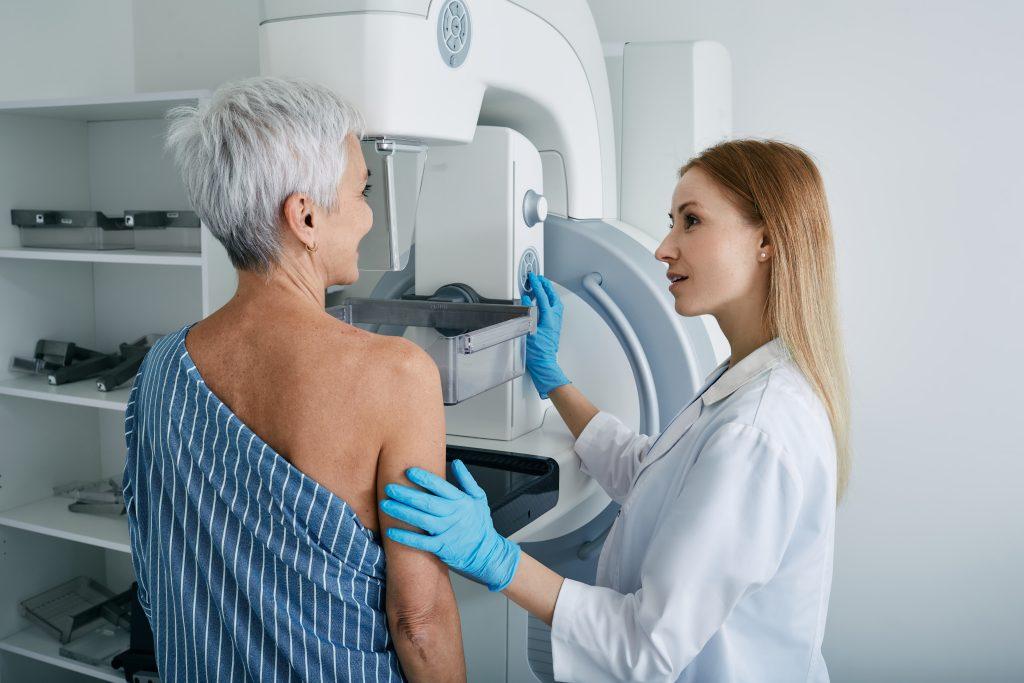
Women’s health is a journey that evolves through different life stages, each bringing unique challenges and requirements. Preventive care through regular health screenings isn’t just about detecting problems early—it’s about empowering women to take control of their well-being, understanding their bodies, and making informed decisions about their health.
This comprehensive guide explores the essential health screenings that form the cornerstone of women’s preventive healthcare. Read on for the details.
In Your 20s
The 20s represent a crucial period for establishing healthy habits and baseline health measurements. During this decade, women should focus on building a strong foundation for their healthcare journey by developing a trusted relationship with their GP.
Regular physical exams during this time help establish normal baseline measurements for vital signs, including blood pressure and heart rate. The introduction of cervical screening at age 25 marks an important milestone in women’s health monitoring. Healthcare providers will assess reproductive health, discuss family planning options, and address any concerns about menstrual health or fertility.
Mental health becomes particularly significant during this period as women navigate career establishment, relationship developments, and increasing life responsibilities. Regular dental checkups protect not just oral health but can indicate other systemic health issues. Skin cancer screening also takes on special importance due to high UV exposure risks, making regular skin checks essential for early detection of any concerning changes.
It’s important that these checks are performed by a reputable women’s health clinic Gold Coast or one in your area. Their team of experienced medical experts will ensure you always get an accurate assessment of your current health status.
In Your 30s
The 30s often bring significant life changes, including career advancement, family planning, or parenthood, making comprehensive health monitoring increasingly important.
Thyroid function becomes a crucial focus, particularly for women considering pregnancy, as thyroid disorders can impact both maternal and foetal health. Regular cholesterol screenings help identify early signs of cardiovascular risks, while blood sugar monitoring becomes more critical as metabolism naturally begins to change.
Healthcare providers typically recommend more frequent eye examinations during this decade, as visual changes often become noticeable. Women planning families might undergo fertility assessments, which can include hormone level testing and reproductive health evaluations. The stress of balancing multiple life responsibilities during this decade makes mental health checkups particularly valuable as well.
In Your 40s
This decade marks a significant transition in women’s health monitoring. The introduction of mammogram or breast cancer screening becomes a cornerstone of preventive care, with timing based on individual risk factors and family history. Cardiovascular health takes centre stage as women approach midlife, necessitating more detailed assessments of heart health and circulation. Perimenopause may begin during this decade, bringing hormonal changes that require careful monitoring and management.
Bone health becomes increasingly important too, with healthcare providers often recommending initial bone density screenings for women with risk factors. Regular diabetes screening becomes more crucial as metabolism continues to change. Moreover, eye health requires particular attention as age-related changes become more common, and mental health support becomes vital during this period of hormonal and life transitions.
In Your 50s
The 50s bring a renewed focus on comprehensive preventive care. Regular mammograms become essential, complemented by bowel cancer screening every two years. Cardiovascular health monitoring intensifies, with detailed assessments of heart function, blood pressure, and cholesterol levels. Bone density scans become routine to monitor for osteoporosis risk, particularly important as women progress through menopause.
Hearing assessments also join the roster of regular checkups, as age-related hearing changes often become noticeable during this decade. Mental health support remains crucial as women navigate significant life transitions, including menopause, changing family dynamics, and career evolution.

Senior woman having mammography scan at hospital with medical technician. Mammography procedure, breast cancer prevention
In Your 60s and Beyond
Healthcare in the senior years focuses on maintaining quality of life and independence. Annual comprehensive health assessments become more detailed, encompassing multiple aspects of physical and cognitive function. Regular screening for osteoporosis helps monitor bone health and prevent fractures. Vision and hearing assessments become more frequent to ensure early detection of age-related changes.
Memory and cognitive function testing also becomes a staple, helping identify any concerning changes early, while fall risk assessments become crucial for maintaining independence. Healthcare providers pay special attention to immunisation status too, ensuring protection against influenza, pneumonia, and shingles. Dental health reviews take on renewed importance as oral health can significantly impact overall well-being.
A Lifelong Commitment to Health
Maintain regular checkups, stay aware of your body’s changes, and work closely with healthcare providers, and you can build a comprehensive approach that supports your overall health wherever you are in your life’s journey. Remember that these recommendations serve as guidelines; your personal health journey should be tailored to your individual needs, risks, and circumstances through ongoing dialogue with your healthcare team.
Australia Strives to Raise Awareness of Sexual & Emotional Health







